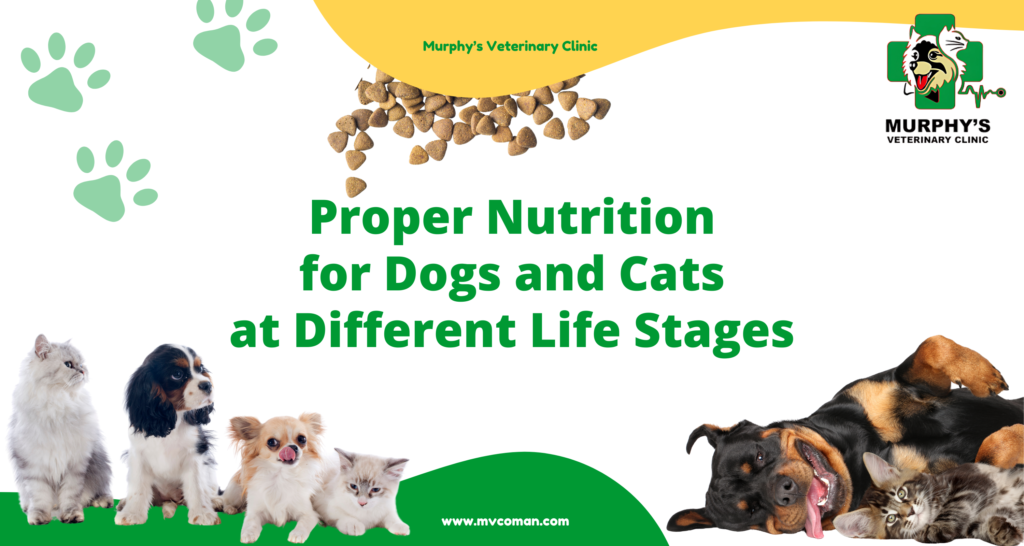Health & General Care
Proper Nutrition for Dogs and Cats at Different Life Stages
Proper nutrition for dogs and cats at different life stages is one of the key foundations of their overall health. Just like humans, pets’ dietary needs change as they grow older. These changes depend on factors such as growth, physical activity, physiological conditions, and even breed. From energetic puppies and kittens to senior pets requiring carefully managed diets, understanding their unique nutritional needs is essential. This article explores proper nutrition for dogs and cats at different life stages and offers practical tips for pet owners. A well-balanced diet not only supports physical well-being but also promotes mental health. By following scientific principles and practical advice, pet parents can improve their companions’ quality of life. Let’s take a closer look at this topic to help you make the best nutritional decisions for your loyal friends.
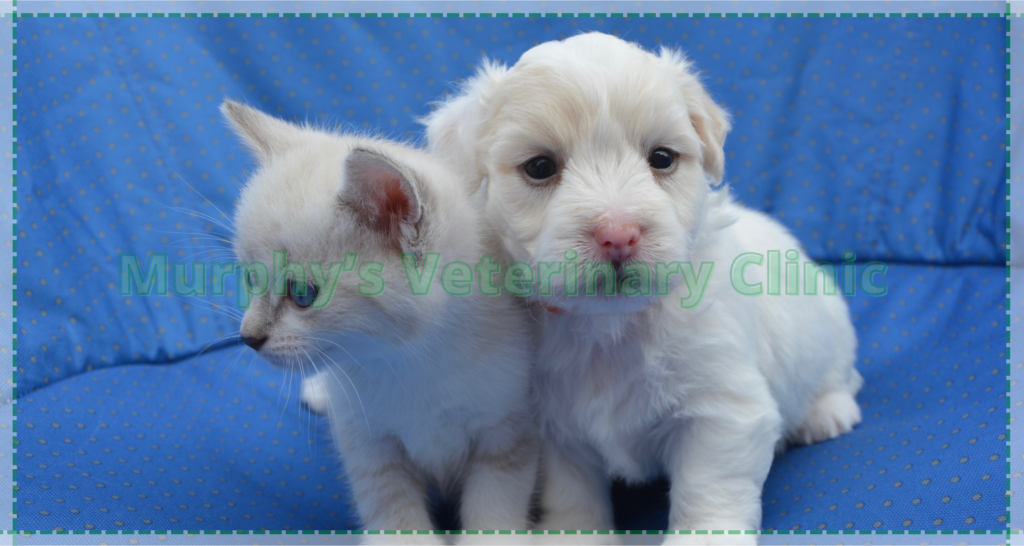
Proper Nutrition for Dogs and Cats at the Neonatal Stage
During the neonatal stage, proper nutrition for dogs and cats at different life stages is absolutely vital. Newborns require a high-energy, protein-rich diet to support rapid physical and brain development. Mother’s milk is ideal for the first eight weeks. If unavailable, only specially formulated puppy or kitten milk replacers should be used—never cow’s milk, which can upset digestion. After four weeks, soft, semi-solid foods can be introduced gradually. Fresh water must always be available. Newborns need high-quality food and close monitoring to ensure healthy growth.
- Feeding Frequency: Every 2–3 hours to prevent hypoglycemia.
- Essential Nutrients: High protein, omega-3 fatty acids, calcium, and DHA for brain development.
- Important Supplements: Some newborns may need vitamins with vet guidance.
- Signs of Poor Nutrition: Lethargy, poor weight gain, pale gums, and dry skin.
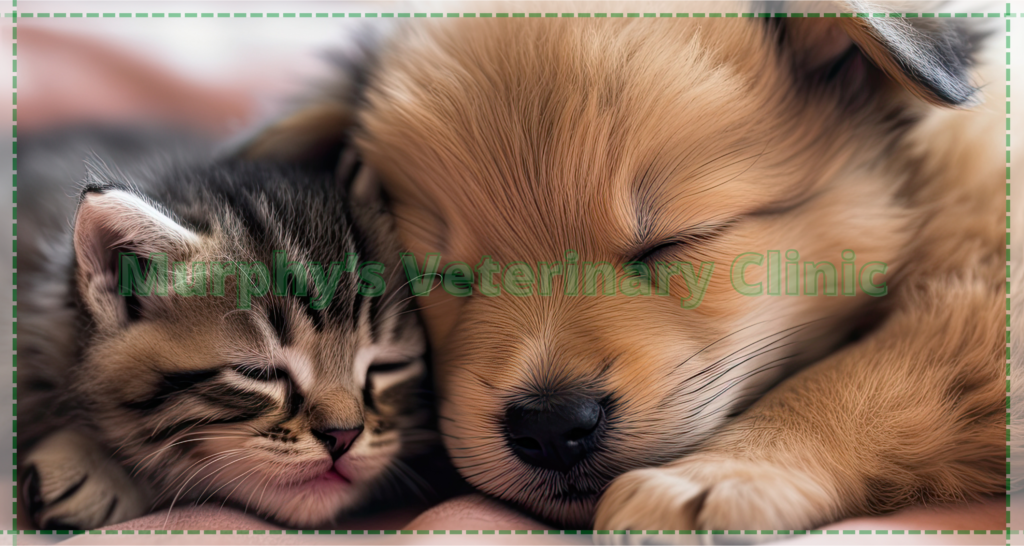
Proper Nutrition for Dogs and Cats at the Adolescent Stage
In adolescence, proper nutrition for dogs and cats at different life stages supports bone, muscle, and dental development. This stage spans roughly 6 to 12 months of age. Pets at this stage are very energetic and need a diet tailored to their activity levels. Their food should be high in protein, calcium, phosphorus, and healthy fats. Dry kibble made for adolescents helps with dental health. Meals should be divided into 2–3 servings per day. Avoid sudden food changes and ensure constant water access. Human food should be strictly avoided.
Key Nutrients for Adolescents
| Nutrient | Importance | Recommended Sources | Suggested Level |
| Protein | Muscle growth | Meat, fish, eggs | 28–32% |
| Calcium | Bone development | Pet-safe dairy products | 1.2–1.5% |
| Healthy fats | Energy, healthy skin | Fish oil, poultry | 12–15% |
| DHA | Brain and vision support | Omega-3 supplements | Vet-recommended dosage |
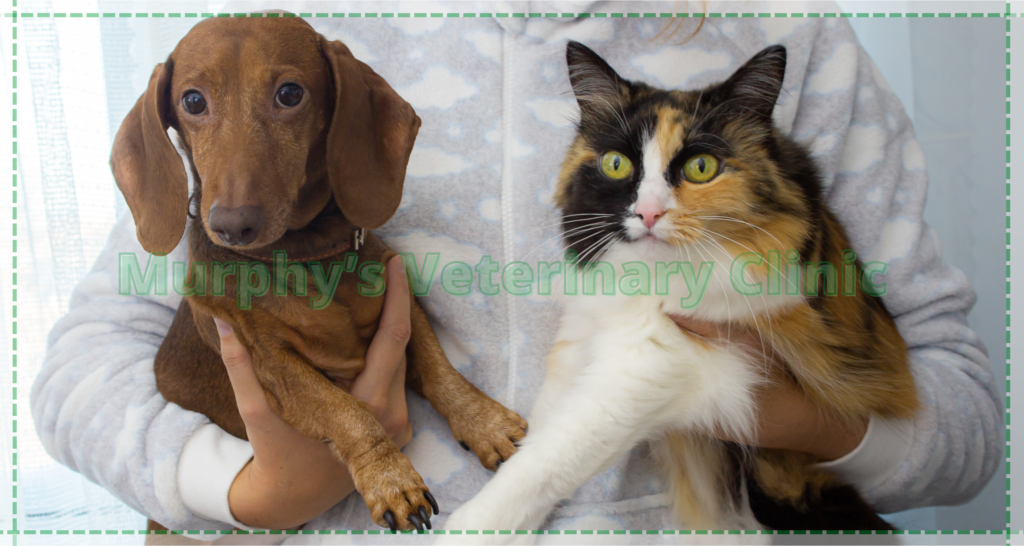
Proper Nutrition for Dogs and Cats During Adulthood
In adulthood, proper nutrition for dogs and cats at different life stages should focus on maintaining ideal weight and supporting active lifestyles. This phase ranges from 1 to 7 years old. Adult pets are at their healthiest and most active. Their diet should include moderate protein, controlled fats, adequate fiber, and balanced vitamins. Weight gain is a concern, especially in neutered pets, so food must align with activity levels. Regular vet checkups and weighing are advised to prevent obesity or nutrient imbalances.
- Meal Planning: Two portioned meals a day are ideal.
- Toxic Foods to Avoid: Chocolate, onions, garlic, and grapes.
- Optional Supplements: Depending on breed, joint supplements may be helpful.
- Daily Exercise: Physical activity should match calorie intake.
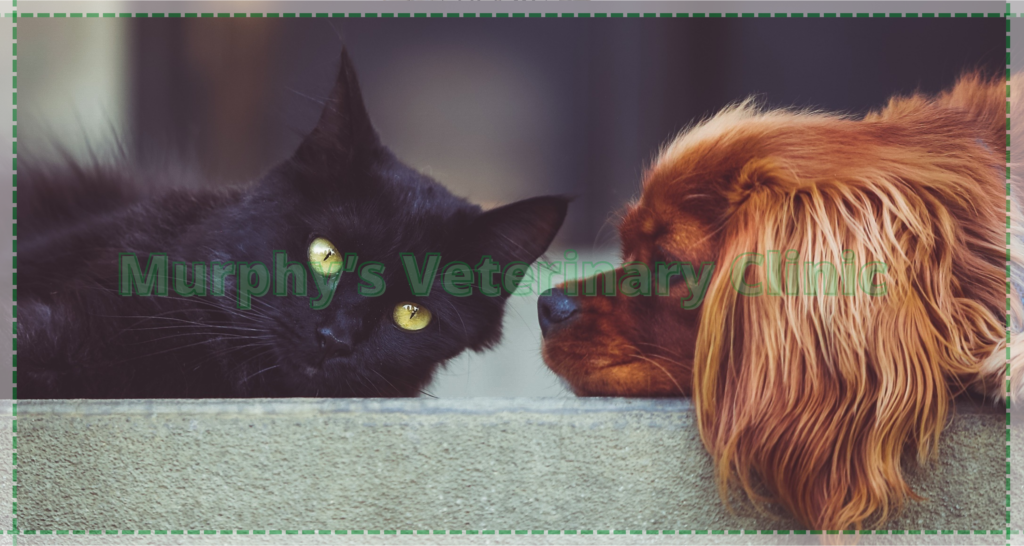
Proper Nutrition for Dogs and Cats in Senior Years
As pets age past 7 or 8, proper nutrition for dogs and cats at different life stages requires specific adjustments. Older pets typically have reduced mobility and more sensitive digestion. Senior formulas with high-quality protein, low fat, high fiber, and antioxidant support are recommended. Weight control becomes more important, and joint or kidney-supportive ingredients are useful. Regular vet consultations for dietary adjustments are essential in this life stage.
Adult vs. Senior Diets
| Dietary Feature | Adult Food | Senior Food |
| Protein | High | Moderate, high-quality |
| Fat | Moderate to high | Low |
| Fiber | Moderate | High |
| Additives | Minimal | Includes joint support |
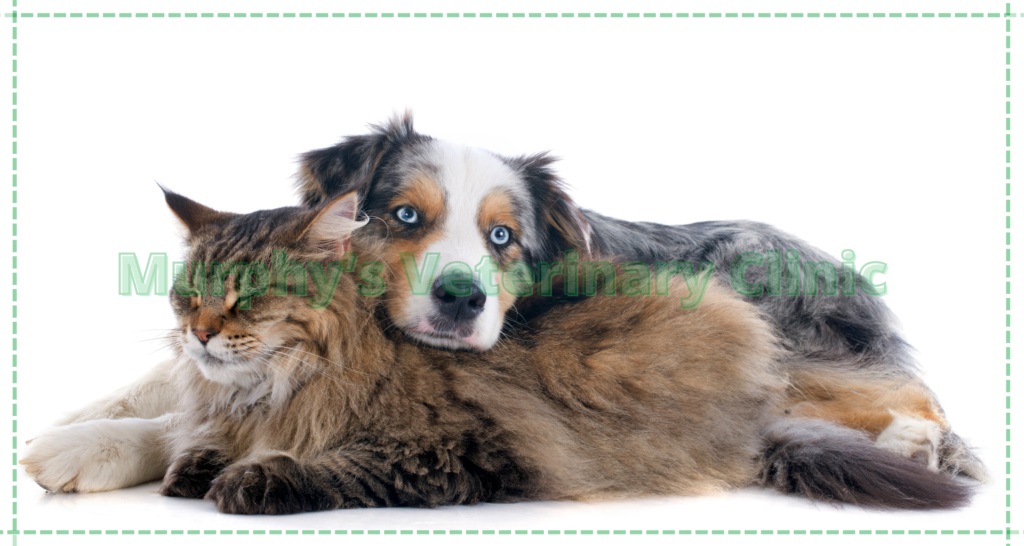
Proper Nutrition for Dogs and Cats During Illness or Recovery
During illness or post-surgery, proper nutrition for dogs and cats at different life stages plays a critical role in recovery. Their diet should support immune function, provide high-quality protein, and be easy to digest. Small, frequent meals are ideal. Some pets may lose their appetite, so using wet or aromatic food can help. Specific recovery diets should always be designed by a veterinarian.
- Recovery Meals: Light, energy-rich meals like chicken puree or special recovery formulas.
- Supportive Supplements: Vitamin C, zinc, and probiotics can be beneficial.
- Monitoring Appetite: Lack of eating for over 24 hours warrants a vet visit.
- Hydration: Keeping pets well-hydrated is critical during recovery.
Conclusion
Proper nutrition for dogs and cats at different life stages is a crucial aspect of responsible pet ownership. From neonatal to senior stages, each phase has unique dietary needs that should be met with appropriate foods and care. A tailored diet can prevent many health issues and significantly improve your pet’s quality of life. Regularly updating their nutrition plan with a vet’s advice ensures pets stay healthy and active. Nutritional care not only enhances physical well-being but also promotes a more vibrant and emotionally balanced pet. Well-fed pets tend to be friendlier, more interactive, and live longer, healthier lives.
Murphy’s Veterinary Clinic provides expert guidance on proper nutrition for dogs and cats at different life stages. Whether your pet is a playful puppy, a curious kitten, or a wise senior, our team can help tailor a diet plan that fits their unique needs. We offer nutritional assessments, high-quality food recommendations, and supportive supplements—ensuring your furry friend receives the best care through every phase of life.


